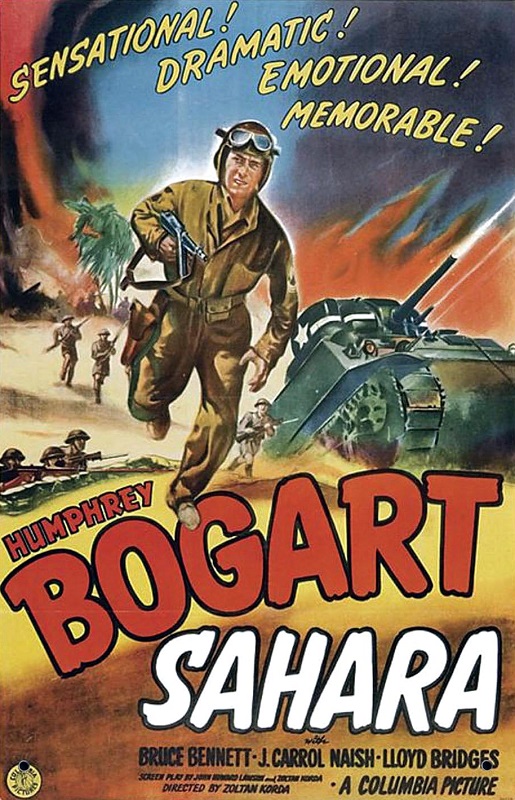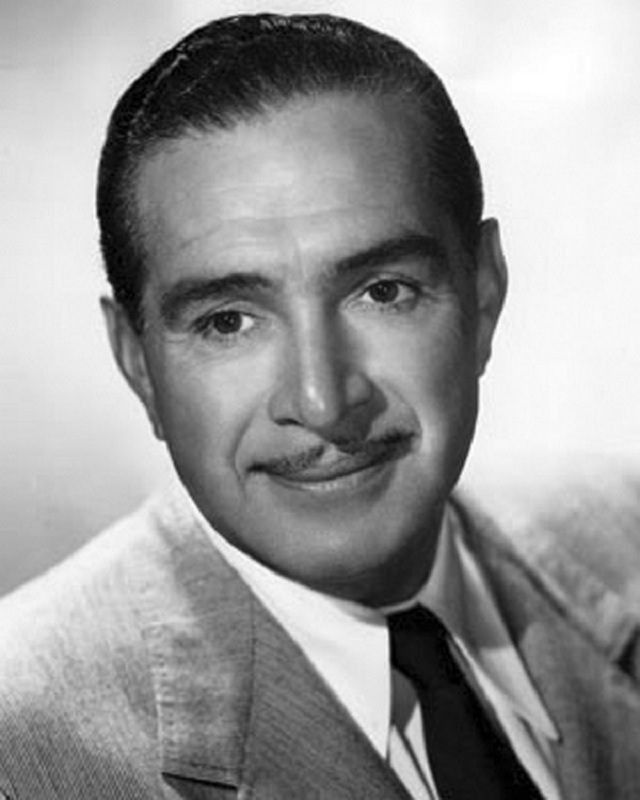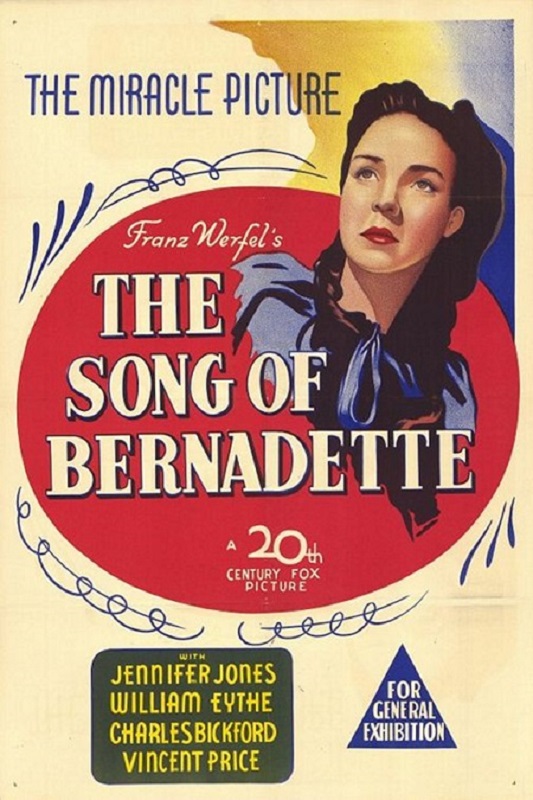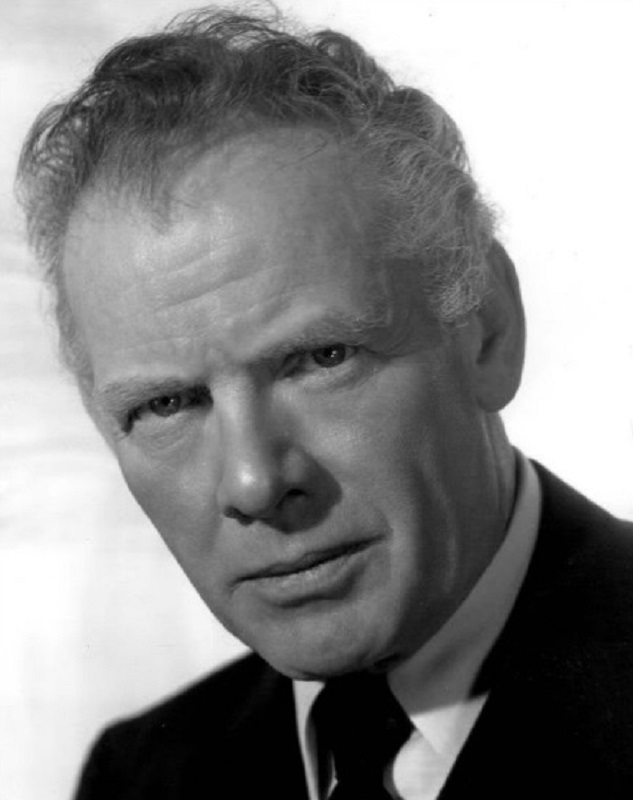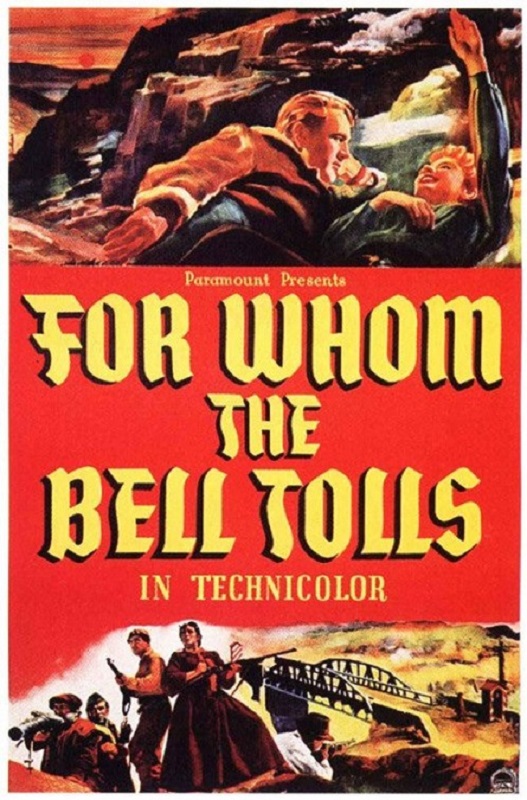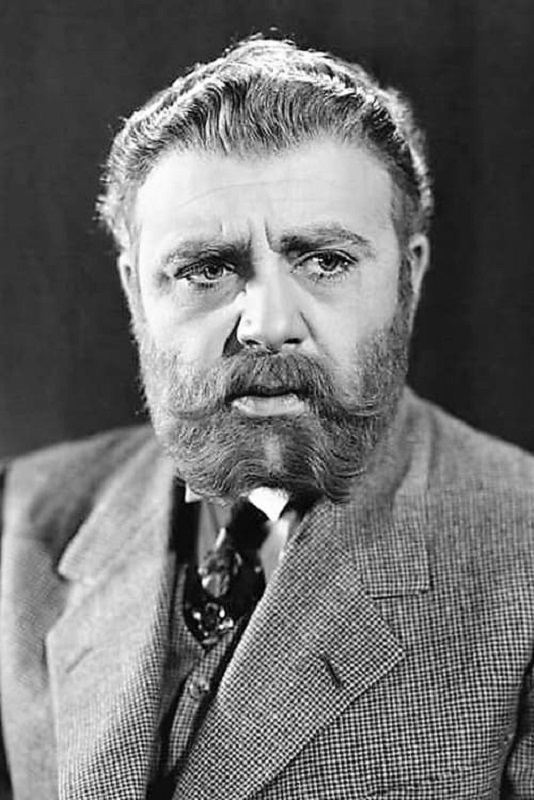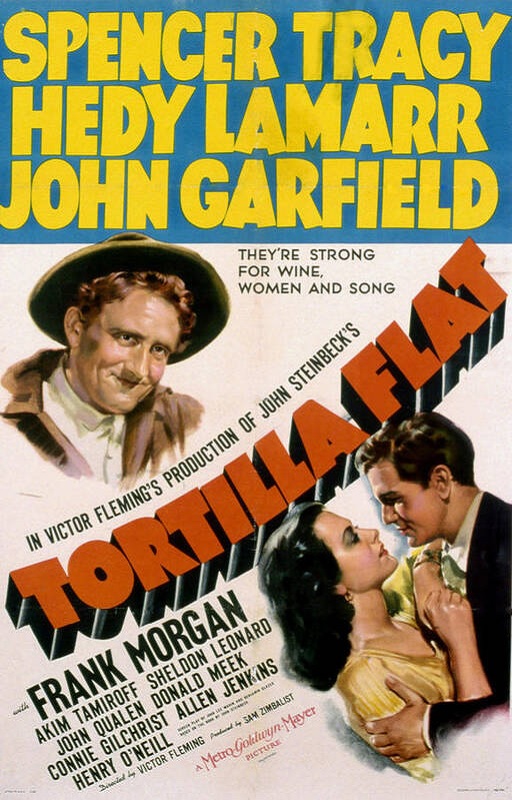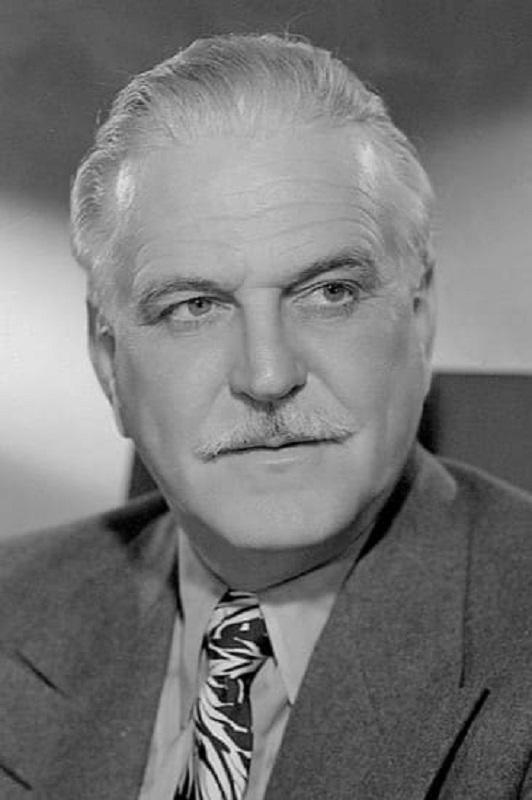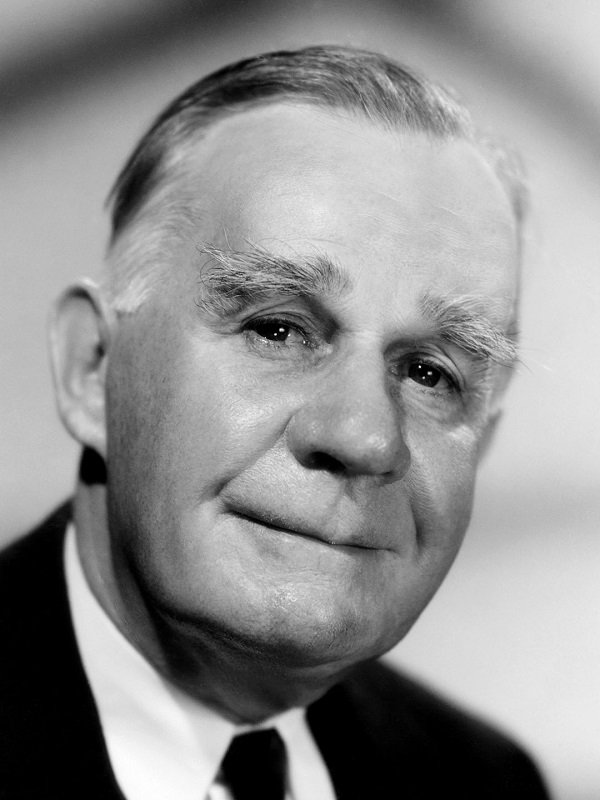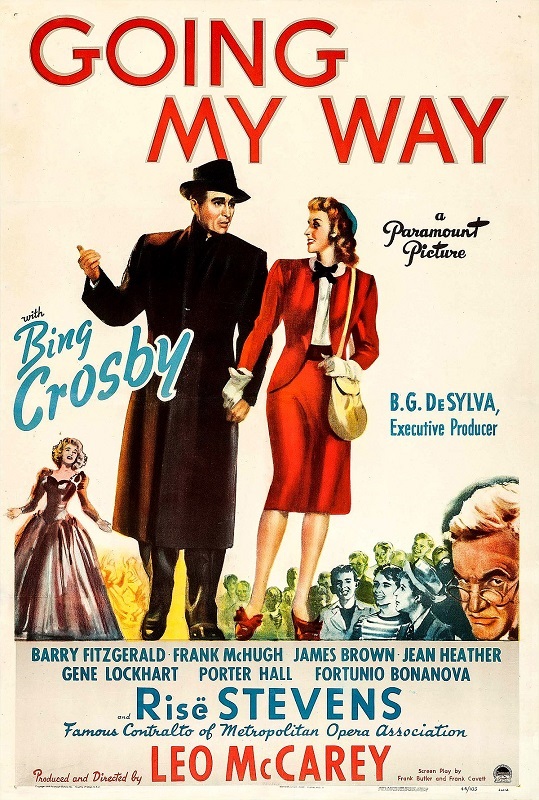
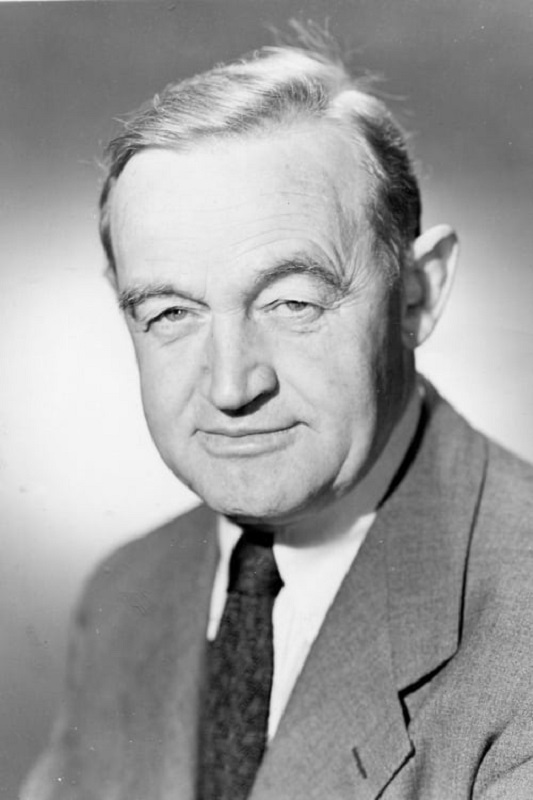

1944 – Barry Fitzgerald
Going My Way
Ok, I’ll address this only once. I’m happy that Fitzgerald was nominated for Best Supporting Actor. I can even be on board with his win. But he should not have been nominated for Best Actor for the same performance. It was not a fair nomination. And let that be the end of it.
But as a supporting character, he was just fine. He was written to be a sweet, loveable, curmudgeon, and that’s exactly how Fitzgerald played him. He seemed to be made for the part. He was an old stick-in-the-mud who was kind, for the most part, set in his ways, and just as sleepy and run-down as the church in which he worked. He was stuck in the old ways which discouraged modern things like fun or smiling. For Father Fitzgibbon, it was all about steadfast faith, work, and prayer, with perhaps a shot of alcohol once in a while; all things that come with their own simple rewards. He is an old man who is set in his ways with no desire for change.
But through the guidance and kind-hearted attentions of the story’s protagonist, Father O’Malley, played by Bing Crosby, Father Fitzgibbon had a character arch, which left him as a man more open to change and modern thinking. But the journey brought out a few humanizing flaws in his character. The biggest example of this is when he learns from the Bishop that Father O’Malley was actually sent to his church to take over as the head rector. In a petulant act of, “Take my job? Well, fine. I’ll get out of your way. Don’t worry about me, I’ll just quietly disappear, and be out of your way,” he runs away in a rainstorm, and only returns when he is picked up by a police officer and brought back to the rectory like an errant child. It was silly and immature, of course, but was it endearing? Not really. And I think it was supposed to be.
And he handled two dramatic moments pretty well. The first was when he is shown watching his cathedral as it burns down. The second is when he is reunited with his aged mother who has been brought in from Ireland by Father O’Malley. Both moments were pivotal in the arch of his character, and Fitzgerald handled them with subtlety and grace. Ultimately, I liked his character, though I didn’t love him.






